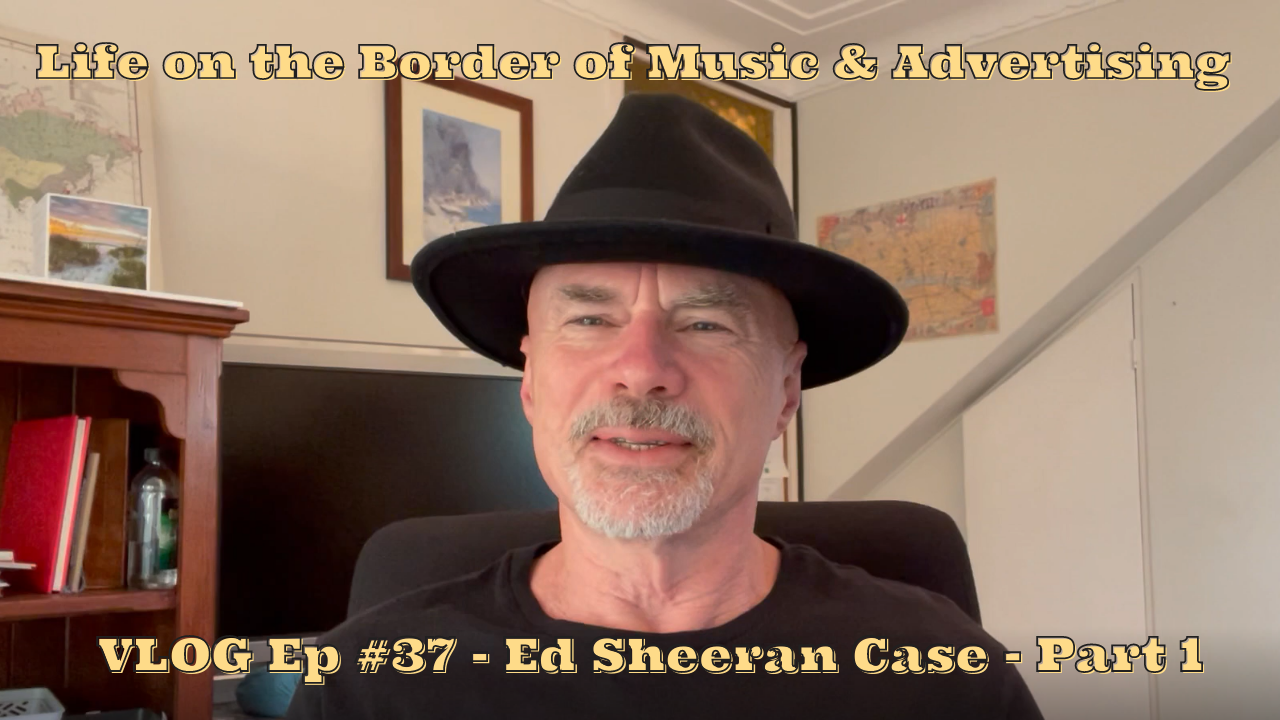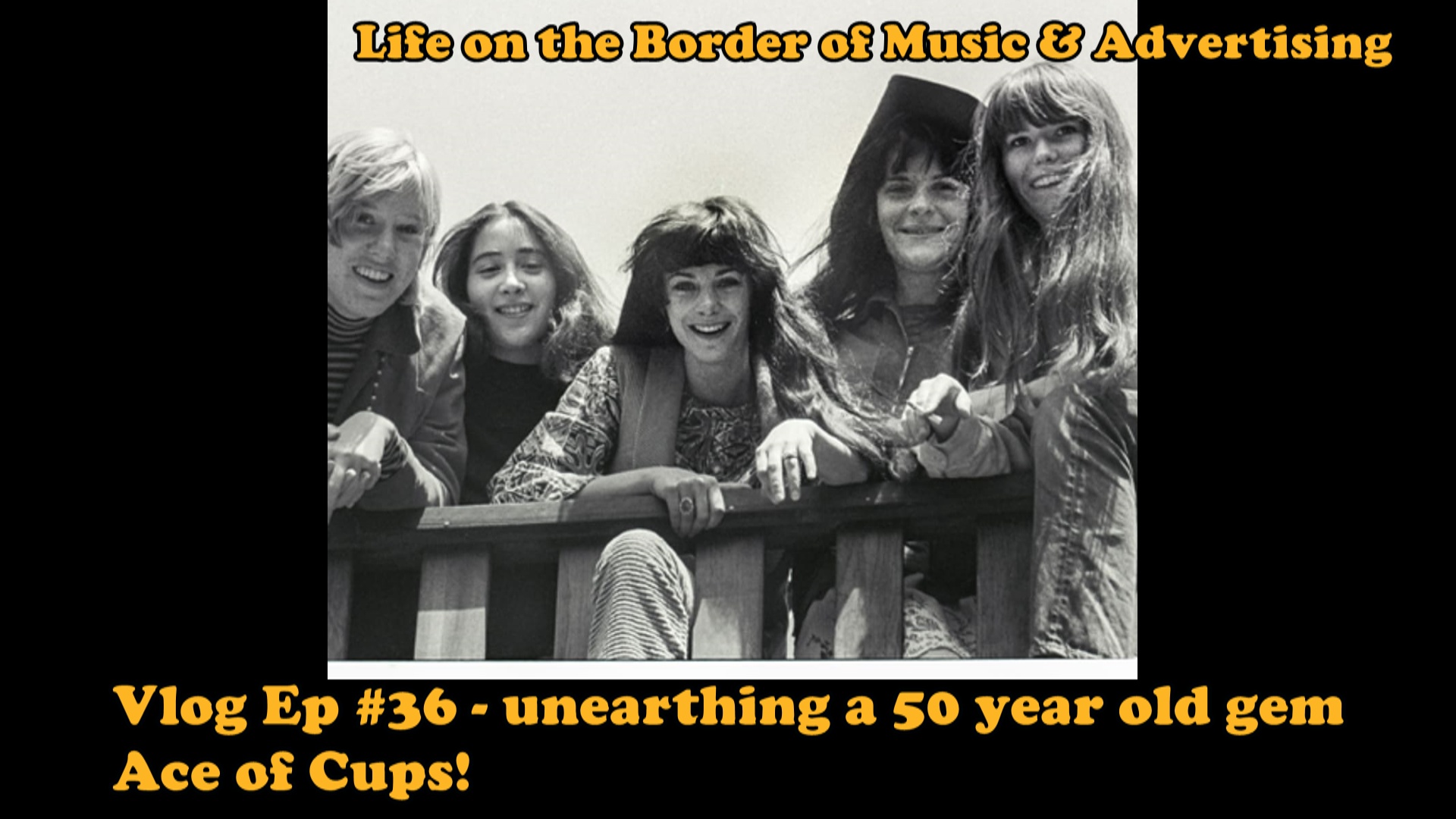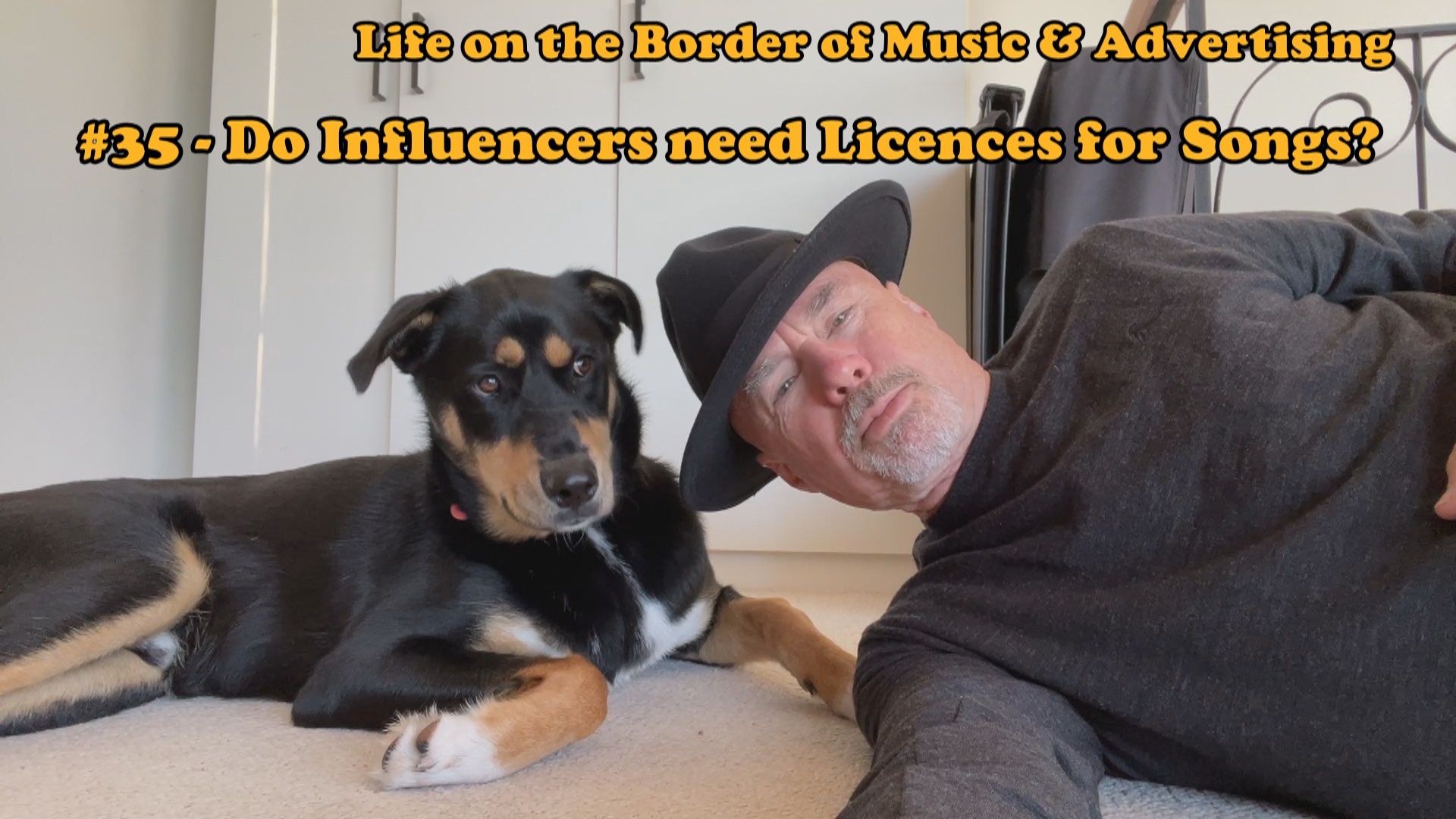What’s the difference between the Publishing and Master copyrights? Do you need both of them to use a song in an ad? Today Bruce presents an explanation of this issue, which is fundamental to music licensing.
Please contact us if you need help with music searches or licensing songs for advertising campaigns, or just want to chat about music and advertising. We would love to hear from you! About anything really.
You’ll find the full transcript below:
Bruce:
Hi there. Welcome to the Music Licensing vlog. Bit of a change of pace this time. No birthdays, no wedding anniversaries, no parties. I’m just going to try and pass on some information about some fundamentals to do with music licensing.
Subject of the day is the difference between publishing and the master. I found this quite baffling when I first started in this music supervision business 20 years ago. It’s second nature now, but hopefully it’ll be helpful for you if I explain music licensing in a bit more detail.
There are two separate copyrights in every song. There’s the publishing copyright and the master copyright. The publishing copyright is owned by the people who wrote the song, and the master copyright is owned by the people who performed the song.
When I talk about music licensing, I like to talk about the Rolling Stones. Think about something like “I Can’t Get No Satisfaction”. I think that was the first song written by Mick Jagger and Keith Richards. So they’re the guys that wrote the song. They own half each of the publishing copyright. Now, the Rolling Stones performed the song, so the whole band owns the master copyright, including Charlie Watts, the drummer. Charlie probably has a 20% share, I guess.
Now, I understand it’s called the master copyright because back in the day, they used to create master tapes, which they’d store in the vault, sacred master copy of the precious song.
So there is only one version of the publishing. Mick and Keith wrote that song. Nobody else ever writes it again. But on the master side, there are so many versions of that song, we probably can’t identify them all.
Now, let’s say that we licensed that song for an advertising campaign, and let’s say it cost, I don’t know, $600,000. Don’t quote me. Now, normally half of that goes to the music publishing. So Mic and Keith get $150,000 each, and the other half goes to the record label, $300,000 to the band. So that means Charlie would get $60,000.
Just jumping right in because my quality assurance advisors have told me that wasn’t very clear. I’ll try again.
There’s $300,000 for the master, for the performance of the song by the Rolling Stones. When they made their music recording, let’s assume there were five of them. I don’t really know, I’m guessing. Charlie Watts was one of the five, so he would get 20%, $60,000. But I should also say that that assumes that nobody else takes their cut. You can bet your bottom dollar that the record label would take a percentage and the manager would take a percentage and various hangers-on might take a percentage, and Charlie Watts would get a lot less than 60 grand. But the principal is there. If you record the song, you get a share of the recording, the master rights.
If that isn’t clear, let me know and I’ll do it all again.
But what if we license a different master, a cover version? In that case, Mick and Keith still get their $150,000 each. Some other band gets whatever they get for the cover version, and Charlie Watts gets nothing because he didn’t write the song.
Now, from a music licensing point of view, what that means is that we always have to contact publishing companies to get the publishing rights cleared, but we also have to contact the record label to get the master rights cleared … unless we do a re-record. But that’s a whole other story that I’ll talk about probably in the next episode.
Before I get to re-records, I think I might come back in the next episode and talk about publishing a master from a different perspective. It’s such an important concept.
If you need any help with any music licensing questions about anything like this or you want us to find a song, please get in touch. See you later.
bruce at musicmill.com.au
LinkedIn: www.linkedin.com/in/bruce-tweedie-musicmill
Website: www.musicmill.com.au
Credit: the opening and closing sequences feature “Strong Hands” from Ben Catley:
The song: https://soundcloud.com/bencatley/stro…
About Ben: open.spotify.com/artist/66OGdUyXn2WSipn6ZYq7id
Disclaimer re copyright and fair use: https://www.musicmill.com.au/fair-use/
#LIFEONTHEBORDEROFMUSICANDADVERTISING



